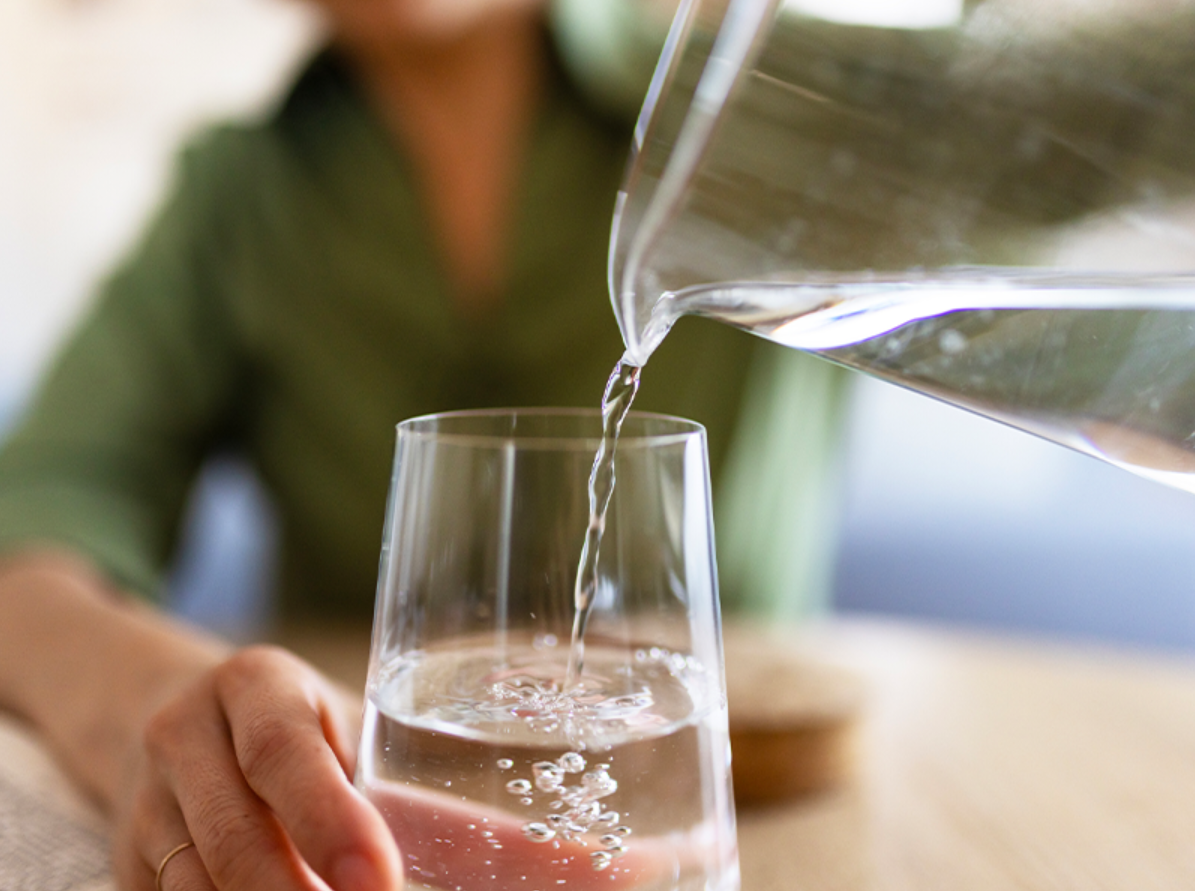Haloacetic Acids in Water: What You Need to Know About Health Risks and Safety
Annapolis, United States - October 30, 2024 / Gauge Digital Media /
Hague Quality Water Raises Awareness About the Risks of Haloacetic Acids (HAA5) in Drinking Water
Hague Quality Water, a trusted provider of advanced water filtration systems, is highlighting the potential dangers of haloacetic acids (HAA5) in residential water supplies. These chemical compounds form as byproducts during the water disinfection process and can pose long-term health risks when present at elevated levels. Hague Quality Water offers effective solutions to help homeowners reduce their exposure to these harmful contaminants.
What Are Haloacetic Acids (HAA5)?
Haloacetic acids (HAA5) are formed when chlorine, commonly used by water treatment facilities, reacts with organic matter found in water. This reaction creates byproducts that can flow directly into household water supplies. The U.S. Environmental Protection Agency (EPA) has set a maximum contaminant level (MCL) for HAA5 at 0.06 mg/L to help protect public health. However, when water systems exceed this limit, long-term exposure may lead to health concerns.
Health Risks Associated with Haloacetic Acids (HAA5)
Although low levels of haloacetic acids are typically considered safe, long-term exposure to higher concentrations could pose risks. Some animal studies have linked HAA5 exposure to an increased risk of cancer, reproductive issues, and birth defects. While conclusive human studies are still lacking, the EPA has classified haloacetic acids as possible carcinogens. Hague Quality Water encourages homeowners to take proactive steps to ensure their water is free from elevated levels of HAA5 and other contaminants.
Is Your Water Safe?
Public water systems, including those managed by the Washington Suburban Sanitary Commission (WSSC), are required to regularly test for haloacetic acids. If levels exceed the EPA's maximum limit, corrective actions are taken. However, water testing conducted by the WSSC in recent years has shown HAA5 levels above the national safety limit, raising concerns for local residents. Hague Quality Water urges homeowners to consider additional steps to safeguard their water supply, including testing for contaminants and implementing filtration solutions.
How to Remove Haloacetic Acids (HAA5) from Your Water
While traditional water treatment methods such as coagulation and filtration can reduce organic matter in the water, they may not fully eliminate the precursors that lead to haloacetic acid formation. Hague Quality Water provides advanced filtration systems that target the contaminants responsible for creating HAA5. These systems, such as the Hague WaterMax® BEQ, effectively remove chlorine, sediment, and other harmful substances, delivering clean, great-tasting water to every faucet in the home.
Ensure Safe, Clean Water with Hague Quality Water
Hague Quality Water emphasizes the importance of investing in a reliable filtration system to protect your family from the potential risks of haloacetic acids. The Hague WaterMax® BEQ system is designed to provide advanced filtration, removing harmful contaminants while also softening water for improved skin and hair health. With a 25-year Manufacturer’s Limited Warranty, homeowners can enjoy long-term peace of mind knowing their water is safe.
Contact Hague Quality Water for a Free Consultation
Hague Quality Water is committed to helping families access the cleanest, safest water possible. To learn more about the risks of haloacetic acids (HAA5) and how advanced filtration systems can help, contact Hague Quality Water today to schedule a free consultation.

Contact Information:
Hague Quality Water of Maryland
814 E College Pkwy
Annapolis, MD 21409
United States
Jen Edwards
https://haguewaterofmd.com/
Original Source: https://haguewaterofmd.com/blog/why-you-should-be-concerned-about-haloacetic-acids-haa5-in-your-water/


